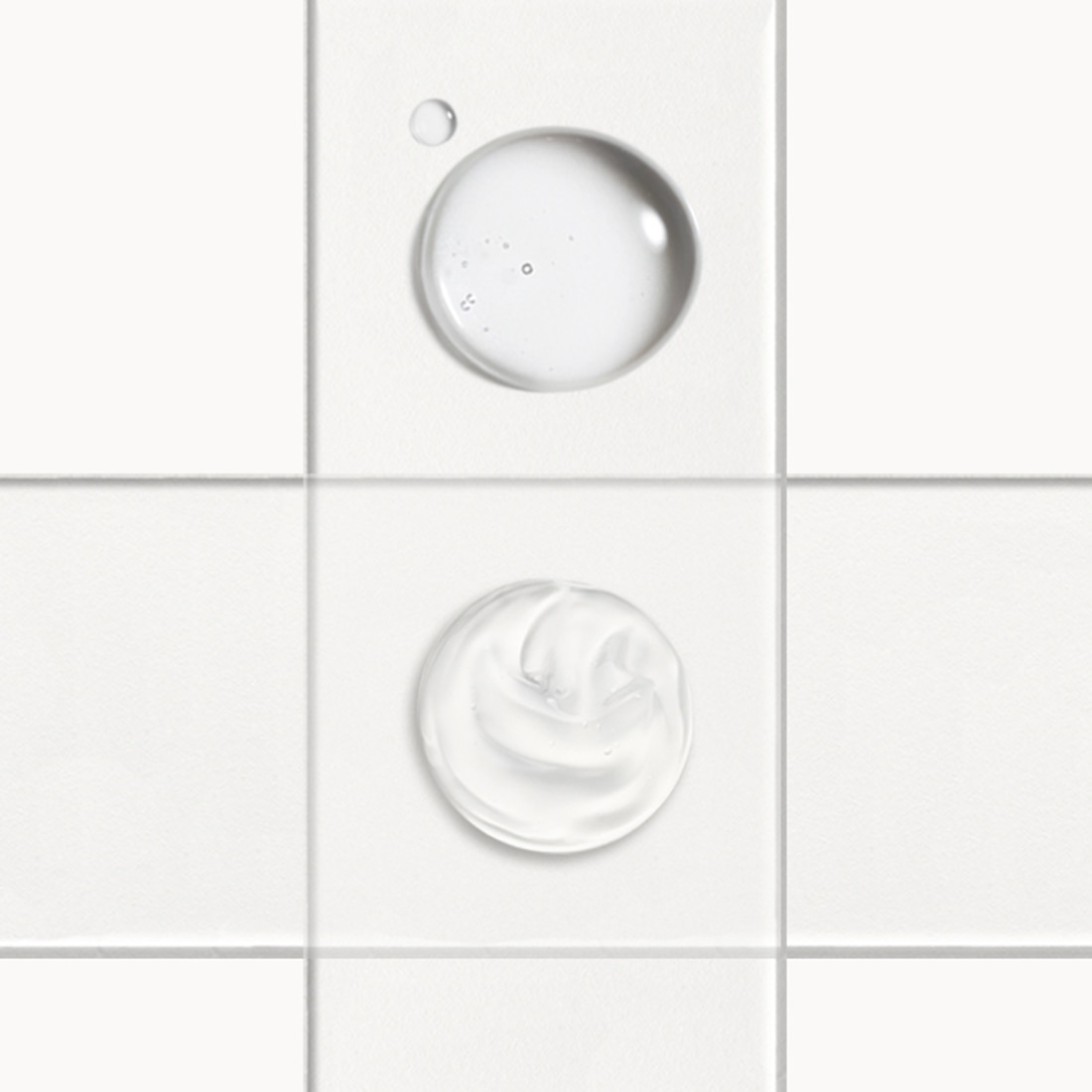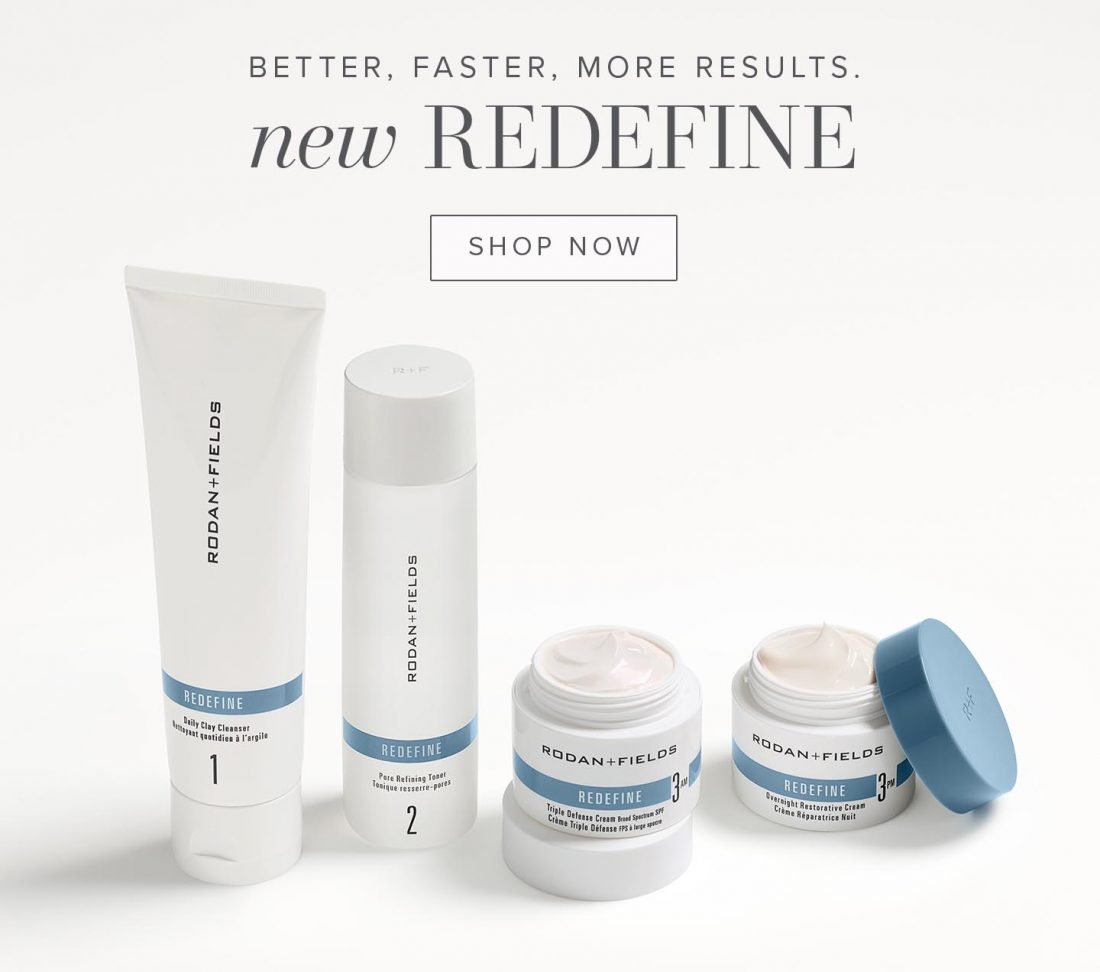When choosing the best skin care routine for you, it’s easy to get tripped up about the right ingredients. There are so many formulations available on the market that are targeted to different skin concerns — from anti-aging to acne to hydration to addressing fine lines and wrinkles.
Things get especially confusing when it comes to hydrating versus moisturizing. To that end, in this post, we’ll talk about two common moisturizing and hydration ingredients, glycerin and hyaluronic acid, respectively. You’ve likely heard about both of these, as each is a common skin care ingredient see on product ingredient list.
But what do you really need to know about glycerin vs hyaluronic acid? What is glycerin, anyway? How is hyaluronic acid used in skin care, and is it actually good for your skin?
We’ve got all the answers below, so read on for everything you need to know about hyaluronic acid vs glycerin.
Glycerin & hyaluronic acid in skincare
To put it simply, Glycerin is a humectant. That means that it is a type of moisturizing agent. Glycerin works by drawing water from the air and making it available to the outer layer of your skin. If you look on skin care ingredient lists, GlyTo put it simply, glycerin is a humectant, meaning it’s a type of moisturizing agent. Glycerin works by drawing water from the air and making it available to the outer layer of your skin. If you look on skin care ingredient lists, glycerin comes up a lot. It can be used with more occlusive ingredients too, to help the skin retain moisture by preventing water loss.
When considering glycerin vs hyaluronic acid, it’s important to know the similarities and differences to choose what’s best for your skin at any given time.
Benefits of glycerin
Moisture-attracting glycerin is a star ingredient for soothing and moisturizing creating smoother, more comfortable skin. Glycerin is used to hydrate the outer layer of the skin and by its nature of being semi-occlusive may improve the skin’s ability to retain water. In this way, it may also help provide protection against various skin irritants, in addition to helping speed up the wound-healing process. It replenishes and restores skin so that the natural moisture barrier is strengthened and revitalized. Glycerin also has benefits of softening the skin to improve overall texture. Scaly skin and even psoriasis have been known to be soothed by glycerin.
Hyaluronic acid benefits
Hyaluronic acid is an absolute hero for hydration! It is a naturally occurring humectant that draws moisture from its surroundings. Applying HA is like letting your skin have a restorative, super hydrating drink of water. Hyaluronic acid has immediate benefits for the skin and also support skincare products to be layered more effectively. It essentially preps skin to better receive the ingredients that follow. Hyaluronic acid helps skin achieve its self-repairing potential, too.
Glycerin vs hyaluronic acid – do you really need to choose?
There are benefits to both ingredients individually, and you may find you have a preference of one over the other sometimes. Examine your usual skin type and needs and note how using glycerin and hyaluronic acid together or apart will have unique qualities. There’s no need to choose one over the other if both serve your skin well, and it is often recommended to use both together. Hyaluronic acid retains moisture on the surface of the skin, while glycerin has the ability to pull moisture deep from the skin.
Common questions about glycerin & hyaluronic acid
There are a lot of questions and conversations buzzing around in regard to the difference between glycerin and hyaluronic acid, and how to know when to use each one. Here’s some of the top questions we receive.
What is better – glycerin or hyaluronic acid?
Go for glycerin if you are looking to add moisture, bounce and balance. To lock in hydration you have, hyaluronic acid
What Is Better – Glycerin or Hyaluronic Acid?
Go for glycerin if you’re looking to add moisture, bounce and balance. To lock in hydration you have, hyaluronic acid is the best go-to. HA is more likely to stop dry skin from getting worse, making it a great dry skin treatment, while glycerin adds moisture.
“Both glycerin and hyaluronic acid are effective humectants that hydrate the skin and keep the skin looking smooth and plump,” notes Cosmetic Dermatologist Dr. Michele Green. “However, glycerin can be better in some instances. When compared to hyaluronic acid, glycerin is made up of smaller molecules. These smaller molecules can penetrate the skin barrier and more deeply hydrate your skin down to the dermis.”
Can I use glycerin instead of hyaluronic acid?
It’s always up to your skin to see how to build up your moisturizing routine. It depends on the results you want and It’s always up to your skin to see how to build up your moisturizing routine and decide how you want to use glycerin in your skin care routine. It depends on the results you want and finding the moisturizing formulas that suit lifestyle and texture preferences. Both glycerin and hyaluronic acid are humectants.
What Else Can I Use Instead of Hyaluronic Acid?
If you don’t want to use hyaluronic acid or glycerin but want something that provides similar benefits, Dr. Green says that polyglutamic acid and beta-glucan have the same benefits.
Does Glycerin contain Hyaluronic Acid?
No, Glycerin does not contain Hyaluronic Acid. Glycerin is actually an alcohol, and can be derived from animal pNo, glycerin does not contain hyaluronic acid. Glycerin is actually an alcohol, and can be derived from animal products, plants or petroleum. Vegetable glycerin is a variant that is made from plant oils.
Can Glycerin Dry Out Skin?
Yes, glycerin can dry out the skin in low humidity conditions. “Since glycerin is a humectant, it draws water from its environment,” Dr. Green says. “In low humidity conditions, there is little water in the air, and the nearest source of water is from the deeper layers of the skin. This will cause your skin to become dehydrated and can cause irritation.”
Is glycerin a good moisturizer?
Yes, glycerin is known to be a moisturizing agent due to its ability to draw out moisture from the deep layers of the skin and also from the air. It’s a common ingredient listed in many moisturizing skin care products.
Should I use glycerin or hyaluronic acid first?
Hyaluronic acid can be found in hydrating serums and moisturizers, and can be used in the form of a topical treatment (applied directly on skin), a supplement or through injections. Topical applications, like through a serum, are less invasive and deliver immediate visible results. It can take much longer to see visible results from supplements.
Glycerin is found in moisturizers, masks, cleansers, facial sprays, essences, and serums.
Think of hyaluronic acid as a base that locks in any moisturizing ingredient that follows. Apply your HA, then always follow with moisturizers (like glycerin) that you want to sink into your skin.
Can You Leave Glycerin On Your Face?
Yes, you can leave glycerin on your face. “In fact, glycerin is one of the most commonly found ingredients in skin care and is widely used in facial creams and cleansers,” Dr. Green says. “But if you live in a low humidity climate, ingredients like glycerin and other humectants may not be ideal.”
Can I mix the two ingredients?
Yes, glycerin and hyaluronic acid serum are commonly used together! Here’s why. The science is important here. Glycerin is a small molecule that is capable of absorbing at the skin’s surface. Conversely, hyaluronic acid is a very large molecule that sits on top of the skin when applied, creating a hydrating cushion. Combining both glycerin and Hyaluronic Acid provides a superior capacity for binding water and boosting your skin’s hydration.
Final Thoughts
To conclude, Glycerin and Hyaluronic Acid are amazing skin care ingredients that bind water and boost hydration levels in your skin. Embrace that dewy, hydrated, moisturized effect that these two ingredients provide.





